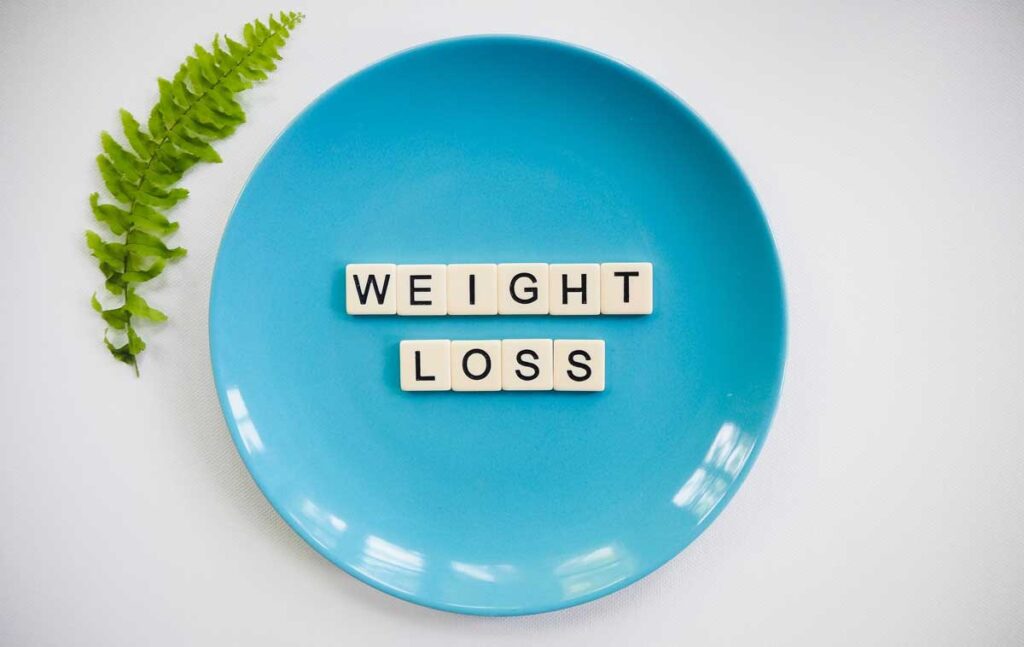
Cutting out sugar intake from your diet helps to lose weight
Sugar’s Effect on Weight Sugar, especially refined sugar, has played a major role in the world’s obesity war. Blood glucose levels rise as a result of sugar’s quick absorption into the bloodstream. The pancreas releases insulin in response to this sharp rise, a hormone that helps cells absorb glucose for energy. Nevertheless, the body frequently cannot use all of the sugar at once when it is consumed in excess.
Weight gain is a result of the excess glucose being transformed into fat and stored in adipose tissues. This process is made worse by the fact that sugary drinks & foods are frequently high in calories but low in nutrients, which causes people to eat more than they require without feeling full. Sugar can also affect how appetite is controlled.
High sugar intake has been linked to disruptions in the hormones ghrelin and leptin, which indicate fullness, according to research. A vicious cycle of overeating may result from this disturbance, which may heighten hunger and trigger cravings for more sugary foods. Also, sugary foods frequently lack fiber, which is necessary to encourage feelings of fullness.
Consequently, people might end up eating more food overall, which would exacerbate their weight gain problems. There is more than just anecdotal evidence linking sugar intake to weight gain; multiple studies have found a direct correlation between high-sugar diets & elevated body mass indexes (BMIs), highlighting the significance of tracking sugar intake for weight control. The Advantages of Reducing Sugar Avoiding or drastically lowering sugar intake has several health advantages that go beyond weight loss. Increased energy levels are among the most noticeable results right away. Because blood sugar levels fluctuate quickly after eating high-sugar foods, many people experience energy crashes.
People who avoid sugar can improve their general well-being and productivity by stabilizing their energy levels throughout the day. The body starts to rely more on steady energy sources, like complex carbs and healthy fats, instead of short bursts from sugary snacks, which causes this stabilization. Cutting back on sugar can improve mood regulation and mental clarity in addition to stabilizing energy levels. Elevated anxiety levels & mood swings have been associated with high sugar intake. Sugar’s effects on inflammation and neurotransmitter function in the brain could be the cause of this link.
Eliminating sugar may help people feel happier and less depressed and anxious. Also, a low-sugar diet can enhance the quality of your sleep. High sugar intake has been linked to sleep disturbances, including insomnia and poor sleep quality, according to research.
Reducing sugar intake may help people sleep better and stay asleep longer, which would improve their general health. Strategies for Cutting Sugar Intake Cutting sugar intake calls for a calculated approach that includes both awareness-raising and realistic dietary adjustments. Paying close attention to food labels is one useful tactic. Under different names like sucrose, fructose, corn syrup, and agave nectar, hidden sugars can be found in a lot of processed foods.
People can make better dietary decisions if they are aware of these terms and know how much sugar is in common foods. Recognizing that even foods that appear healthy, like granola bars or yogurt, may contain a lot of added sugars is crucial. Using healthier substitutes for sugary drinks over time is another useful tip. One of the biggest sources of added sugars in many diets is sugary beverages like soda & energy drinks.
Daily sugar intake can be considerably decreased by choosing water, herbal teas, or sparkling water with a squeeze of lemon. Sugary snack cravings can also be naturally reduced by including more whole foods in meals, such as fruits, vegetables, whole grains, and lean proteins. While whole foods are more nutrient-dense, they also contain fiber, which lowers blood sugar and increases feelings of fullness. Searching for Healthful Sugar Substitutes As people try to cut back on sugar, they must find healthy substitutes to keep their diets satisfying. Stevia, monk fruit extract, and erythritol are examples of natural sweeteners that provide sweetness without the calories of conventional sugars.
Stevia, which comes from the leaves of the Stevia rebaudiana plant, is a popular option because it is extremely sweet—up to 300 times sweeter than sugar—and doesn’t affect blood sugar levels. Another natural sweetener that has grown in popularity is monk fruit extract, which has no calories and a distinct flavor. Apart from these sweeteners, adding fruits to meals can naturally sweeten them and provide vital vitamins and minerals.
For example, applesauce or mashed bananas can be used in baking to provide moisture and sweetness without the use of refined sugars. Dates can also be mixed into energy balls or smoothies to create a nutrient-dense dessert. These substitutes provide healthy nutrients that refined sugars do not, in addition to satisfying sweet tooths. How to Beat Sugar Craving One of the hardest parts of cutting back on sugar consumption is beating sugar cravings.
Creating efficient plans to fight these cravings requires an understanding of the factors that lead to them. Emotional eating frequently has a big impact; people may turn to sugary foods for solace when they’re stressed or bored. By identifying these emotional triggers, people can develop healthier coping strategies like exercising, meditating or practicing mindfulness, or taking up hobbies that divert attention from cravings. Making sure you are getting enough nutrients throughout the day is another smart tactic. Blood sugar levels can be stabilized and cravings for sugary snacks can be lessened by eating balanced meals that contain fiber, protein, and healthy fats. A protein-rich breakfast, like Greek yogurt or eggs, combined with whole grains, for instance, can stave off hunger longer than a sugary cereal.
Also, since cravings can occasionally be confused with thirst, it’s important to stay hydrated. Water consumption throughout the day can help reduce these false signals. The Prolonged Impact of a Low-Sugar Diet Following a low-sugar diet can have a significant impact on one’s general health and wellbeing over the long run. One important advantage is the decreased chance of developing long-term conditions like cardiovascular disease and type 2 diabetes. Because too much sugar constantly puts pressure on the pancreas to produce insulin, high sugar intake has been associated with insulin resistance, a risk factor for diabetes. People can lower their risk of developing diabetes by gradually improving their insulin sensitivity through a reduction in sugar intake.
A low-sugar diet can also result in better oral health. One of the main causes of dental decay is sugar, which when consumed reacts with oral bacteria to create acids that break down tooth enamel. People’s risk of cavities and other dental problems can be considerably decreased by consuming less sugar. Long-term adherence to a low-sugar diet may also help to improve skin health by lowering inflammation and breakouts linked to excessive sugar intake.
Sugar-rich diets have been linked to higher insulin levels & inflammation, which can worsen skin conditions like rosacea & acne. In conclusion, sugar has a significant & complex effect on managing weight. Reducing sugar intake has advantages beyond weight loss, such as increased vitality, mood stability, and better sleep. Practical advice for cutting back on sugar consumption includes carefully reading labels & substituting healthier drinks for sugary ones.
Finding healthy substitutes, such as fruits and natural sweeteners, can also help one stay satisfied with their diet. Comprehending emotional triggers and maintaining a balanced diet throughout the day are essential for conquering cravings. Ultimately, a low-sugar diet has broad long-term effects that can improve quality of life by helping with weight management as well as general health enhancements.
